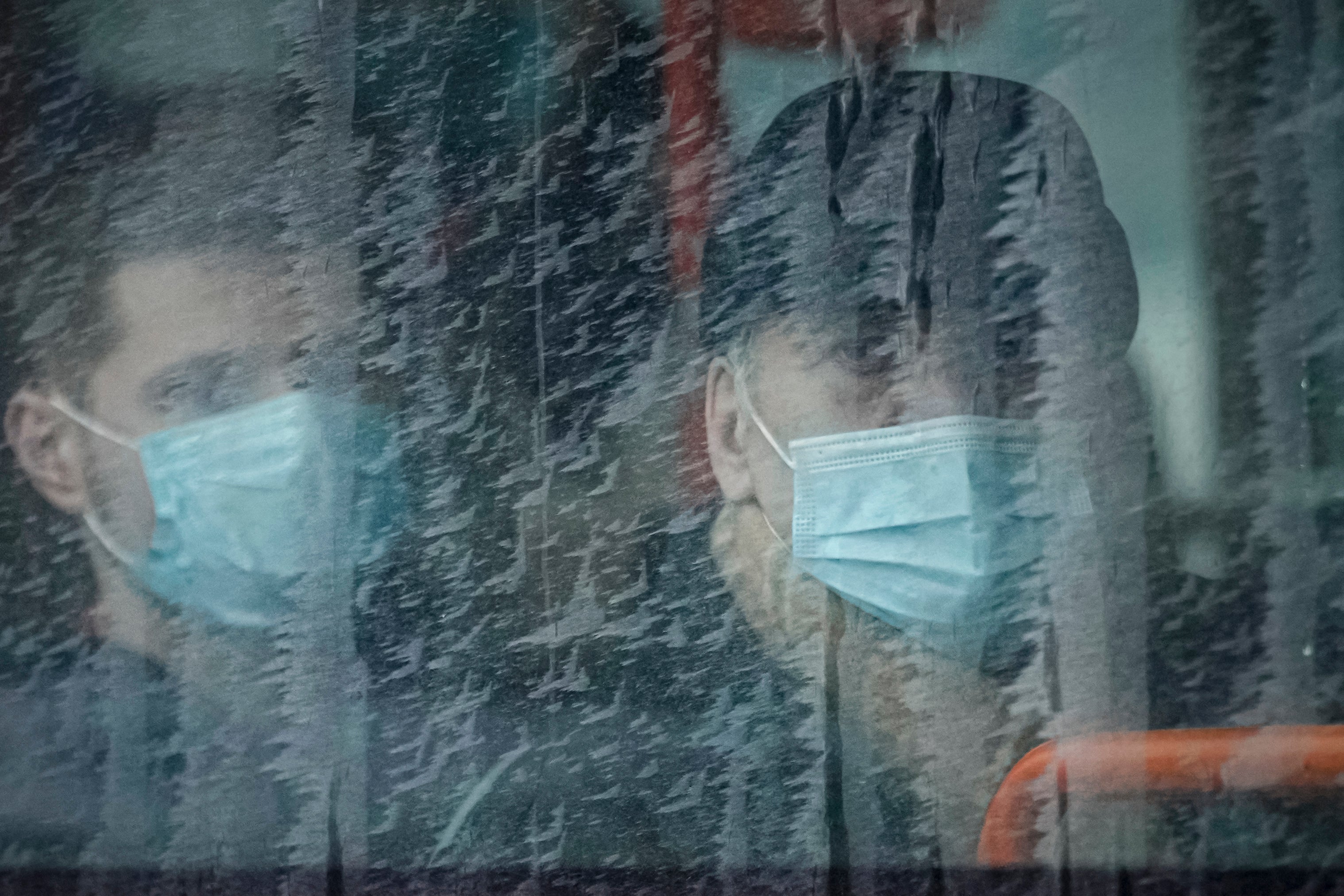Romania tightens pandemic measures amid COVID-19 surge
Tighter pandemic measures have come into force in Romania as authorities hope to quell sharply rising coronavirus cases amid concerns that the next virus wave could overstretch the country’s health care system

Your support helps us to tell the story
From reproductive rights to climate change to Big Tech, The Independent is on the ground when the story is developing. Whether it's investigating the financials of Elon Musk's pro-Trump PAC or producing our latest documentary, 'The A Word', which shines a light on the American women fighting for reproductive rights, we know how important it is to parse out the facts from the messaging.
At such a critical moment in US history, we need reporters on the ground. Your donation allows us to keep sending journalists to speak to both sides of the story.
The Independent is trusted by Americans across the entire political spectrum. And unlike many other quality news outlets, we choose not to lock Americans out of our reporting and analysis with paywalls. We believe quality journalism should be available to everyone, paid for by those who can afford it.
Your support makes all the difference.Tighter pandemic measures came into force in Romania on Saturday as authorities hoped to quell sharply rising coronavirus cases amid concerns that the next virus wave could overstretch the country’s health care system.
In mid-December, Romania was reporting fewer than a thousand COVID-19 infections a day, but over the past week, daily cases have surged to around 6,000. It is the highest number of infections since early November when cases were on the decline following a vicious fourth virus wave.
Over the winter holiday period, hundreds of thousands of Romanians return home from other countries, many from the West, which fueled concerns over the threat of the fast-spreading omicron variant. Romania has so far confirmed almost 300 cases of the new variant.
Health minister Alexandru Rafila said in a press briefing Friday that Romania is “already in the fifth wave of the pandemic” and that omicron is expected to soon become the dominant virus strain.
“For the time being, there is a sporadic transmission (of omicron),” he said. “But it is very possible that in the coming days, the coming weeks, we will witness a community transmission supported by this new strain.”
The new measures Saturday include the mandatory wearing of face masks in outdoor and indoor public spaces, and textile masks have been banned. Non-compliance with mask rules could result in hefty fines of up to 500 euros ($567), authorities said.
Bars and restaurants can stay open until 10 p.m. and operate at 50% or 30% capacity depending on the area’s infection rate, and COVID-19 passes are required. The same goes for sporting events, gyms, and cinemas. Meanwhile, quarantine and isolation periods have been reduced.
Octavian Jurma, a physician and health care statistician, said the new pandemic measures are “mostly cosmetic” and compared them to “giving aspirin to a cancer patient.”
“These measures were never meant to limit the pandemic, but to create an illusion they are doing something more than in the delta wave,” Jurma told The Associated Press. “We have a perfect storm lined up in Romania ... we will again see record numbers of hospitalizations, ICU admissions, and deaths.”
Through October and November, Romania recorded pandemic highs of COVID-19 infections and deaths, and at one time had the highest mortality rate globally. The situation crippled the country’s aging health care system.
Romania, a European Union country of around 19.5 million, is the bloc's second-lowest vaccinated nation against COVID-19, with just 40% fully vaccinated. Experts blame widespread disinformation, a strong distrust of government authorities and an ineffective national campaign among reasons for vaccine hesitancy.
“I am not sure the pandemic is manageable in Romania anymore since the negationists have clearly won the ‘hearts and minds’ war,” Jurma said.
___
Follow AP’s coverage of the coronavirus pandemic: https://apnews.com/hub/coronavirus-pandemic